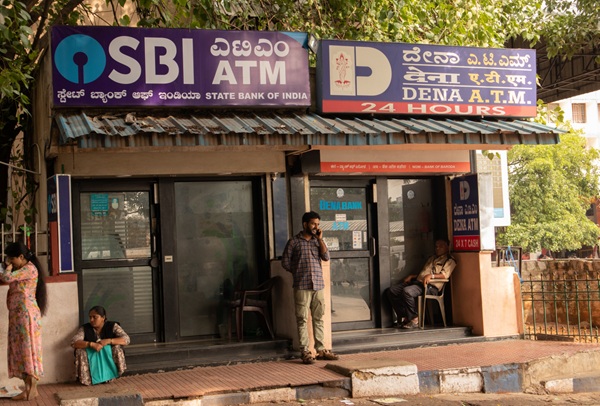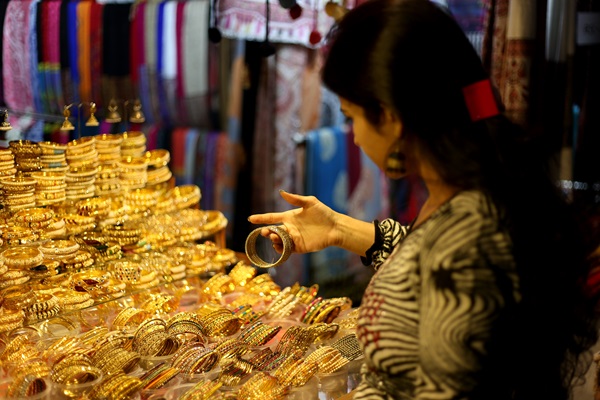.png)
When a Bharat Ratna Sells Gold
Tendulkar’s endorsement of Titan’s gold exchange plan blurs the line between public trust and private profit, raising ethical questions about national icons in commerce.

DV Ramana is a Professor of Accounting at the Xavier Institute of Management, Bhubaneswar.
October 29, 2025 at 6:52 AM IST
Over the years, advertising has become an important part of both the corporate and academic worlds. It has emerged as one of the most popular subjects among teachers and students in business schools. India’s advertising market has expanded at an annual rate of about 7% over the past five years and recently crossed ₹1 trillion in value.
Celebrity endorsements are now an integral part of this ecosystem. Film stars, sportspersons, and intellectuals frequently lend their image to consumer brands, shaping public behaviour and aspirations. There is nothing inherently wrong with this.
Yet unease arises when a Bharat Ratna, the nation’s highest civilian honour, is used to promote private commercial products.
Is this where the ethical boundary must be drawn? A recent encounter brings that question into sharp focus.
A street vendor and his wife, both participants in an ongoing research project on financial inclusion, explained that they had exchanged their household gold through Titan’s Gold Exchange Scheme.
Their decision, they said, followed Sachin Tendulkar’s advertisement, which they viewed as a patriotic gesture — a way of contributing to the nation.
Their reasoning reflected both faith and, perhaps, misplaced trust. When a figure of such national stature influences citizens at this level, the implications extend far beyond a single purchase decision.
Cost of Silence
Tanishq’s Gold Exchange Scheme promises a “cost-free” trade-in of old jewellery for new. With Tendulkar fronting the campaign, the message radiates credibility, trust, and national pride.
Yet a closer examination reveals hidden costs that undercut the promise. Making charges are often bundled into the final price; the melting and recasting process results in a loss of metal weight, meaning consumers receive less gold value than expected.
Such practices are not illegal, but they are not fully transparent either.
A Bharat Ratna awardee is more than an individual; they embody national virtues such as integrity, sacrifice, and excellence. Their voice carries moral weight. When such an awardee lends their voice to a corporate message, the line between national service and private profit becomes blurred. Notably, no other recipient of the Bharat Ratna has so far engaged in corporate promotions.
Tendulkar is regarded as the God of Cricket, and his influence extends far beyond the game; he holds an unmatched social stature. He has lent his name to several companies. However, Tendulkar must be mindful that companies pay to leverage the influence of national icons to sell their products. This reality underscores why such endorsements merit closer public scrutiny.
With great influence comes great responsibility. When a national icon endorses a product, consumers deserve full transparency about the costs and risks involved. Ethical considerations must go beyond legal compliance to maintain consumer trust and confidence. National icons, particularly those honoured for their contribution to collective ideals, must recognise the weight of their words.
It is time for all stakeholders — the government, regulators, and celebrities — to establish ethical standards for endorsements, especially for national icons. Until such frameworks evolve, consumers must stay alert, questioning not only what is said but also what remains unsaid.
After all, in the marketplace of influence, all that glitters is not gold, and what glitters is rarely cost-free.
*Views are personal.
Also read: A Bharat Ratna Is Not a Prison of Virtue



